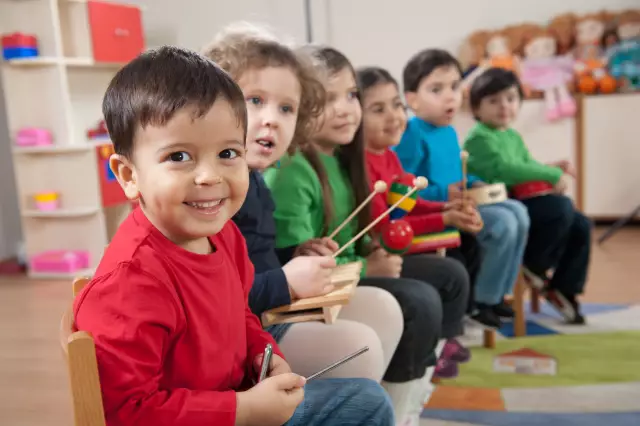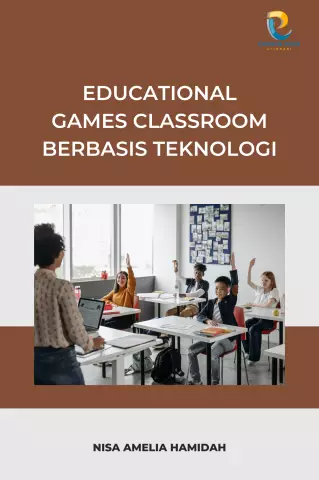- Author Rachel Wainwright wainwright@abchealthonline.com.
- Public 2023-12-15 07:39.
- Last modified 2025-11-02 20:14.
Educational games for adults
Nowadays there is a huge number of incredibly fun and exciting educational games for adults. Exercising the brain with regular developmental games can save you from age-related memory loss. Educational games for adults are a fun and delightful pastime.
Memory games for adults

It is very important to play educational games as often as possible. If the child's memory is helped to develop uncomplicated games, then in adults the situation is a little different. The adult brain is difficult to learn.
It is advisable to choose collective educational games for adults. These can be games for a small company or for two people.
During an educational game, one player can be asked to carefully examine the picture or another person to remember the details of the image. Then the player must turn away and try to describe in great detail the details that he remembered.
Games for adults that develop memory can be aimed at memorizing the sequence of certain actions. For example, a player asks another player to go into the room, go to the closet, get a certain book out of it and bring it. The length of the chain can be gradually increased, making the task more difficult.
To keep your memory in top shape, it is very helpful to memorize a specific route. The blindfolded participant of the game can be guided along a certain route. He must remember the route of movement. For example, two steps to the left, four steps straight, turn right, turn around. Next, the player must repeat the route exactly with his eyes open.
In educational games for adults in large companies, two players can be seated with their backs to each other. The third player asks a question to each of the players about his partner who is behind him (hair color, eye color or clothing).
To develop memory, six geometric shapes can be drawn one by one on the board. First draw the first shape, leave it for five to ten seconds, erase it, and draw the next shape instead. Then the players must draw all six shapes from memory. Or, all players can draw five different numbers on a piece of paper. Then one player must read his numbers aloud.
Such simple educational games for adults will help preserve a good memory for years to come.
Games for adults that develop thinking
The selection of games that develop thinking is now quite extensive. Chess is the most popular game for developing thinking. This game contributes to the development of logic, it helps to assess the perspective of events and calculate actions in advance.
A game called shogi is considered the Japanese relative of chess. The game is quite addictive, but the rules are a little confusing. Learning the rules of the game will take care and patience. For the development of thinking, you can solve puzzles, logical tasks, crosswords.

Checkers is everyone's favorite game. This thinking game for adults has many varieties. Each type of game has its own characteristics. For those who find the techniques and rules of the game of chess too complicated, the reverse game is suitable.
You can use a computer to develop thinking. Currently, there are a huge number of programs and various games designed to develop analytical, abstract and logical thinking.
"What common?" - a game for adults that develops thinking
For this game you need to prepare a set of cards with different pictures. Each player must be dealt five cards, and the rest must be put in a deck. The first participant must draw any card from the deck and put it on the table, and explain out loud how the drawings are similar. With the correct explanation, he has the right to make the next move. Now he compares the pictures on the remaining cards with the picture on the card on the table. If the required card is not present, then the player takes a card from the deck. In this case, the right to move passes to the next participant. The player who is the first to place all his cards on the table wins.
Found a mistake in the text? Select it and press Ctrl + Enter.






